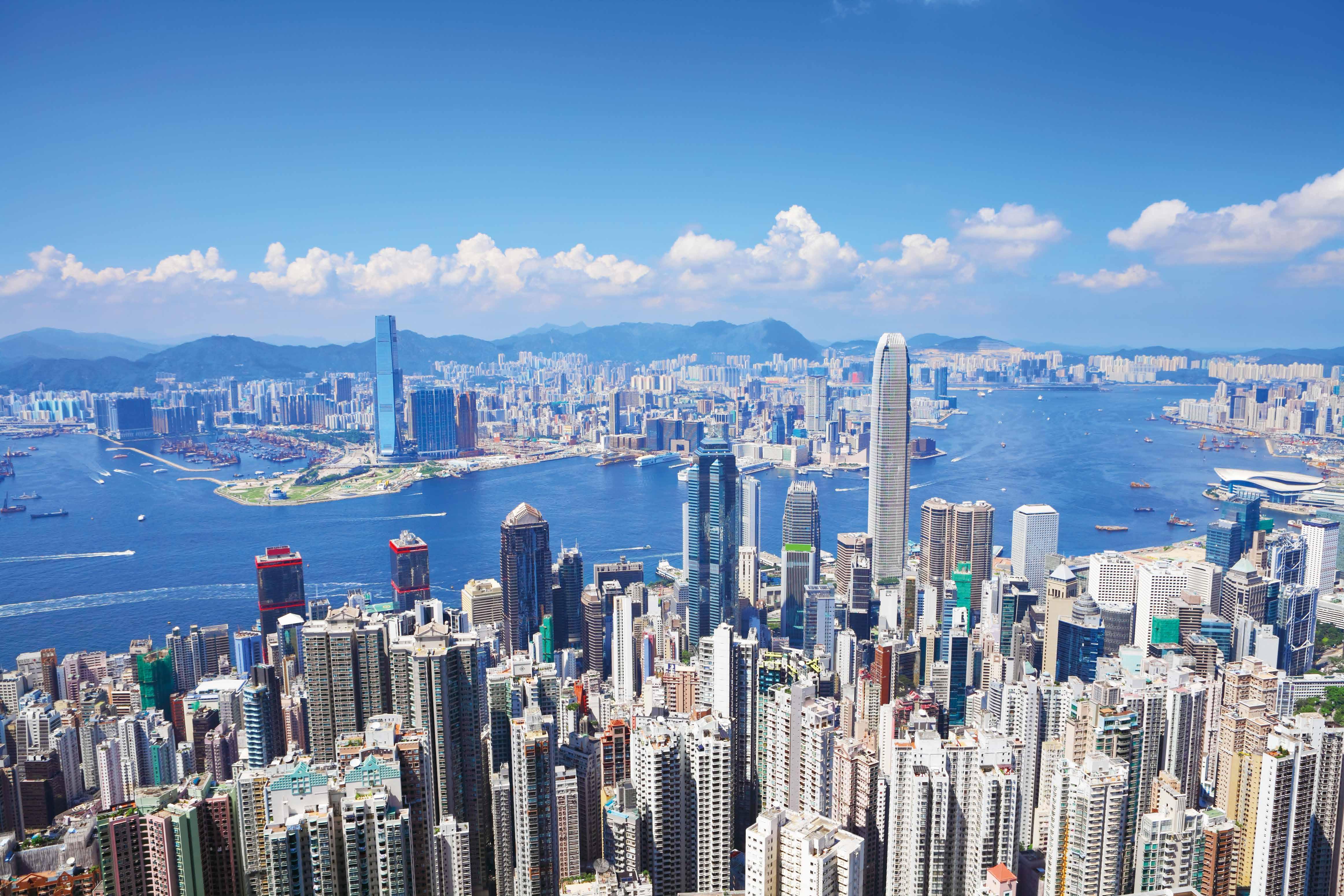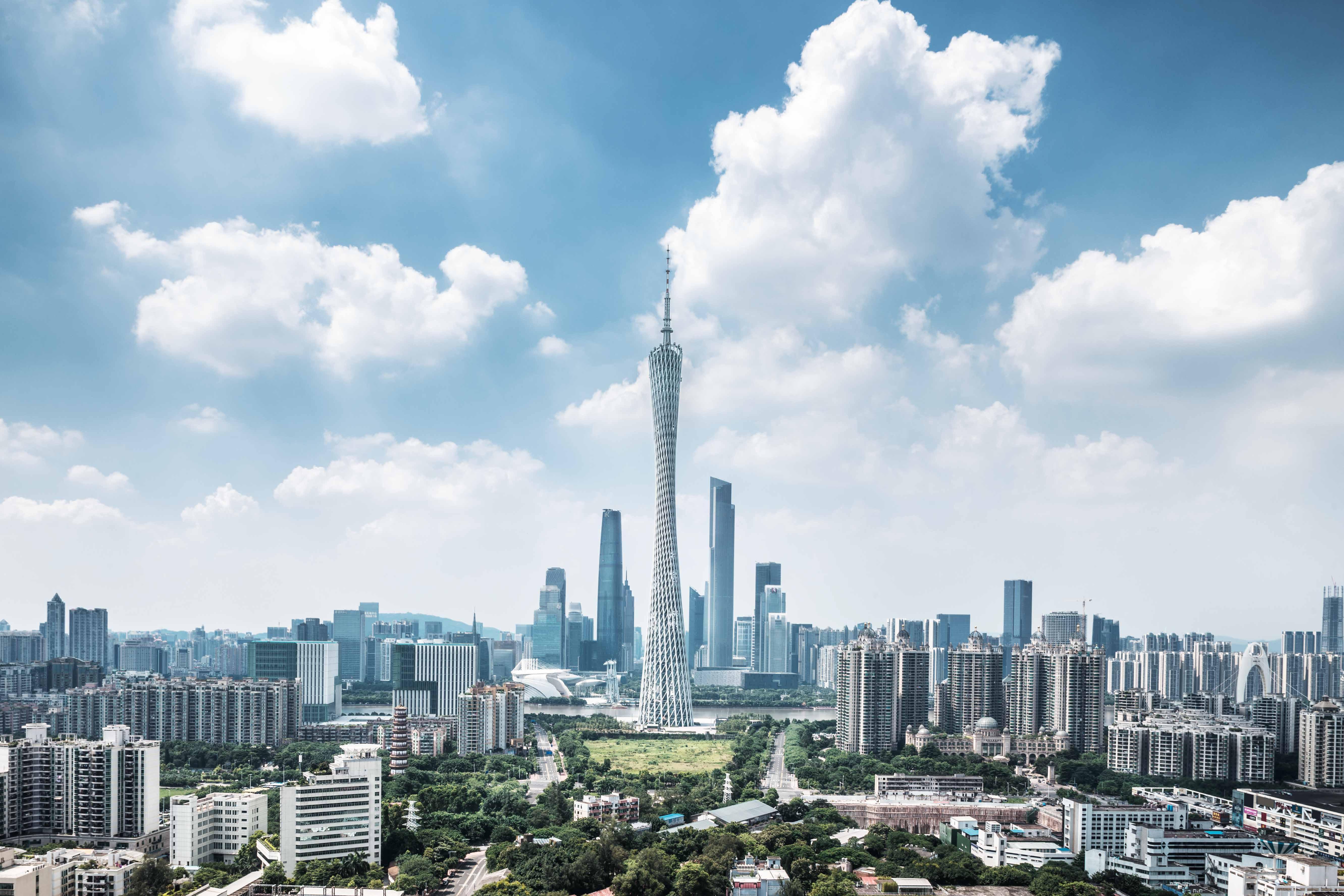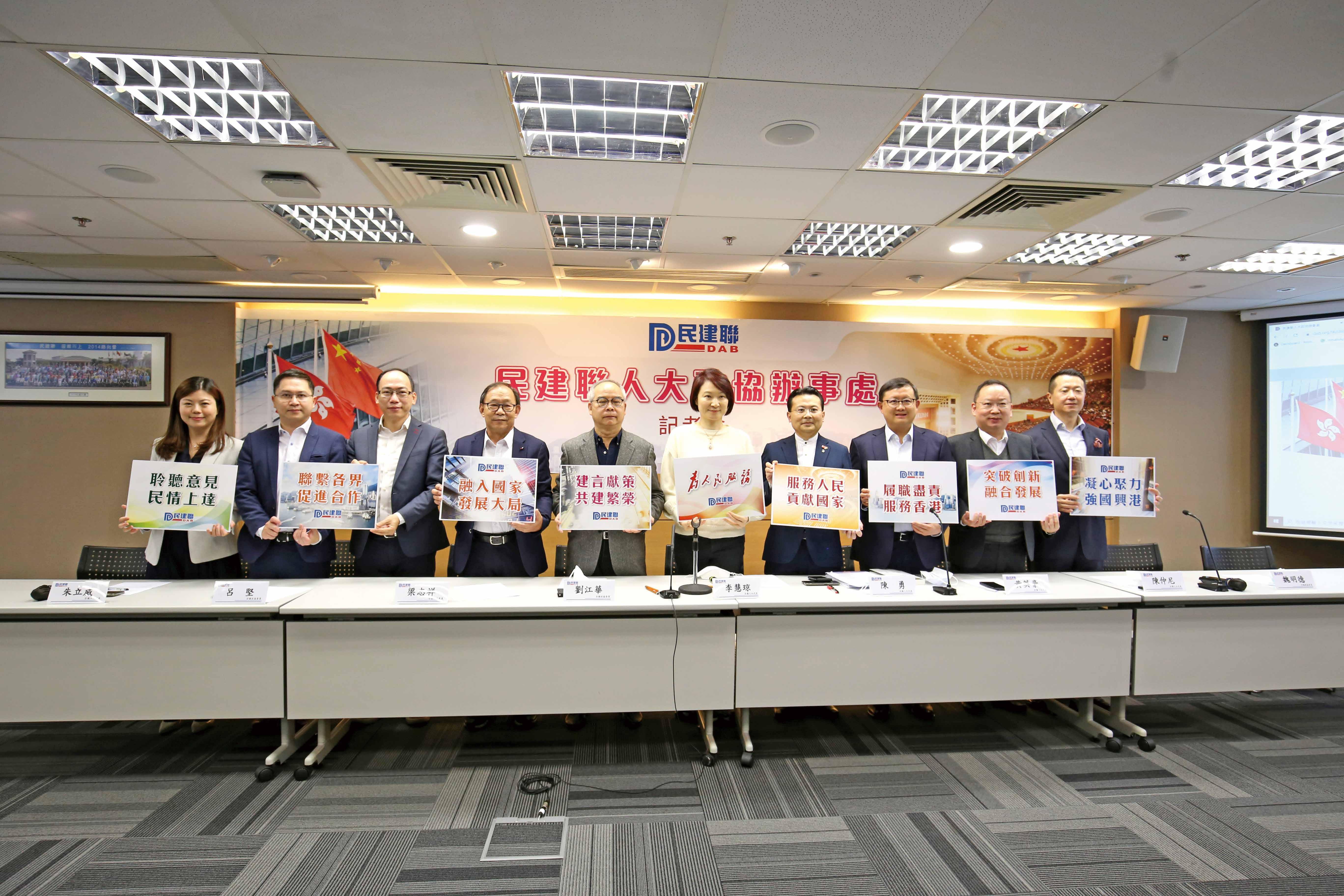












Build a World-Class City Connect Globally DevotedtoH gK











































Democratic Alliance for the Betterment and Progress of Hong Kong
July 10, 1992
Democratic Alliance for the Betterment and Progress of Hong Kong (originally known as the Democratic Alliance for the Betterment of Hong Kong, it was renamed on 12 April 2005 after merging with the Hong Kong Progressive Alliance, and is abbreviated as "DAB").
"Democratic" signifies a people-centred approach, democratic openness, and a pursuit of common ground while respecting differences.
"Alliance" reflects the determination, commitment, confidence, and capability to build a better Hong Kong, with members coming from various social strata who need to organise together.



DAB is a political organization rooted in Hong Kong. Members of the organization share the conviction that our objectives, programs and actions best represent the interests of Hong Kong people. We welcome all those who intend to stay in Hong Kong to build a better home and to realize the concept of “one country, two systems” and “Hong Kong people governing Hong Kong” to join our ranks to promote a democratic system and build a stable, prosperous, democratic and progressive Hong Kong.
The formation of DAB is an obligation bestowed upon us by history. It is also our commitment to history. We are full of confidence in the future of Hong Kong SAR and our motherland. We trust that with sincerity and commitment, we are able to make positive contributions to Hong Kong SAR and our motherland.
Devoted to Hong Kong


Elevate Oneself, Build Hong Kong, Serve the Nation, Connect the World



Mr. CHAN Hak Kan
The fifth Chairperson of the DAB, he serves as a non-o cial member of the Executive Council and as a Legislative Councillor in Hong Kong.


Mr. LO Man Tuen
Chairperson of the Senate within the DAB and Chairman of the Wing Lee Group (International) Limited.
Mr. CHAN Yung
Vice-Chairperson of the DAB and Chairperson of the Development Committee, responsible for “Serving the Nation”. He is also a Deputy of Hong Kong to the NPC and a Legislative Councillor in Hong Kong.

Mr. CHOW Ho Ding, Holden
Vice-Chairperson of the DAB and Chairperson of the Liaison Committee, responsible for “Connecting the World". He is also a Legislative Councillor in Hong Kong.

Mr. CHAN Hok Fung
Vice-Chairperson of the DAB and Chairperson of the Human Resources Committee, responsible for “Elevating Oneself”. He is also a Legislative Councillor in Hong Kong.

Ms. QUAT Elizabeth
Vice-Chairperson of the DAB and Chairperson of the Policy Advocacy Committee, responsible for “Building Hong Kong”. She is also a Legislative Councillor in Hong Kong.

Mr. CHAN Han Pan, Ben
Vice-Chairperson of the DAB and Convener of the DAB LegCo Caucus. He is also a Legislative Councillor in Hong Kong.




Mr. CHONG Wai Ming, Steve
Treasurer of the DAB and Chairperson of the Administration & Finance Committee.

Mr. IP Ngo Tung, Chris
Secretary-General of the DAB and Chairperson of the Action and Publicity Committee. He is a member of the Yau Tsim Mong District Council.

Mr. YIP Man Pan, Terry
Deputy Secretary-General of the DAB and a member of the Tuen Mun District Council.


Mr. WONG Ying Ho, Kennedy
Member of the Standing Executive Committee of the DAB and Chairperson of the Business & Professional Branch. He is a Legislative Councillor for the Import and Export Functional constituency in Hong Kong.
Mr. LAU Ngai, Victor
Chairperson of the YoungDAB and a member of the Southern District Council.

When the DAB was founded in 1992, only one member was elected to the Legislative Council. The Council now comprises 90 members, with the DAB securing a total of 19 seats for the term 2022-2025, maintaining its status as the largest political party within the Council.


The DAB O ce of NPC Deputies and CPPCC Members was established in 2023, following the election of seven DAB members as Hong Kong deputies to the NPC during the 14th National People’s


Ms. LEE Wai King, Starry, is a member of the Standing Committee of the National People’s Congress (NPCSC) and serves as Hong Kong’s sole delegate in NPCSC. She is also a Legislative Councillor in Hong Kong, a former Chairperson of the DAB, and currently acts as the Party Advisor within the party.



The DAB secured 109 seats in the recent District Council election, along with an additional 38 appointed members, forming a team of 147. Our district councillors act as a bridge between the government and citizens, enabling the DAB to effectively engage with constituents and better represent their views in both the District Council and the Legislative Council. As of April 2024, over 150 o ces have been established to provide services to assist citizens in need.

Members of the DAB are appointed to various advisory and statutory bodies, providing counsel to the Government. Furthermore, nine members currently serve in the HKSAR government as principal o cials or political appointees.

Various proposals concerning economic integration and national development issues have been put forward by members of the Provincial and Prefectural Committees of the CPPCC. The DAB maintains extensive connections across various provinces, covering the entire nation.
As the largest political party in Hong Kong, the DAB has actively participated in local elections since its inception, including both District Council and Legislative Council elections. Our unwavering commitment to serving the public has yielded significant results; from 2000 to 2023, there has been a notable increase in both the popular vote for the DAB and our share of votes among various parties.



Exchange tour for the Belt and Road Initiative was organized for the youth to learn and understand different culture and customs.


DAB Legislative Councillors visited five ASEAN countries to promote connections and cooperation between the Greater Bay Area and ASEAN.
Reception and conversation with foreign associations visiting Hong Kong,



Exclusive session of “The Ancient Civilisation of the Xia, Shang and Zhou Dynasties in Henan Province’ Exhibition” for consulates and foreign chambers to introduce the political, social and cultural landscapes in earliest Chinese history.








On 1 July 1997, Hong Kong became a Special Administrative Region (HKSAR) of the People's Republic of China and the Basic Law came into effect. The Basic Law is the constitutional document of the HKSAR. It enshrines within a legal document the important concepts of "one country, two systems", "Hong Kong people administering Hong Kong" and a high degree of autonomy. According to the Basic Law, the HKSAR enjoys executive, legislative and independent judicial power, including that of final adjudication, and its political system and way of life remains unchanged for 50 years.
Head of the HKSAR and the HKSAR Government:
Organ for assisting the Chief Executive in policy-making:
Executive Council
Highest Court: Mr. John KC Lee (Chief Executive)
Legislature:
Legislative Council (90 seats)
Court of Final Appeal
Hong Kong's economy is characterised by free trade, low taxation and minimum government intervention. It is the world's 10th largest trading economy, with the mainland of China as its most significant trading partner. Hong Kong is also a major service economy, with particularly strong links to mainland China and the rest of the Asia-Pacific region.
Currency:
GDP:
GDP per capita:
Hong Kong dollar
HK$2,981.6 billion (2023)
HK$395,642 (2023)
At the south-eastern tip of China, Hong Kong covers Hong Kong Island, Lantau Island, the Kowloon Peninsula and the New Territories.
Total land area: Country parks and special areas: 1,114.57 square kilometres about 40%
Hong Kong's population was approximately 7.54 million in mid-2023. People of Chinese descent comprise the vast majority of the population.
Population density:
Percentage of population of Chinese ethnicity: Other significant national groups: 6,910 people per square kilometre (as at mid-2023) 91.6%
Philippines (206,057 total)
Indonesia (160,344 total)
India (39,589 total)
Chinese and English are the o cial languages of Hong Kong. English is widely used in the

Hong Kong is the best place in the world to do business:
• Freely convertible currency with no restrictions on the movement in or out of capital
• Common Law legal system administered by independent judiciary
• Sound banking system
• Low, simple and predictable tax regime
• No tax on sales, capital gains, dividends, estate
• Widespread use of English - both English and Chinese are o cial languages
• Free flow of information with full access to all international media and social media
• The home of free trade - no quotas, no tariffs, no exceptions
• The world’s freest economy, open to all
• Outstanding infrastructure with world class airport, container port, and telecommunications
In addition to these traditional strengths, Hong Kong has strong backing from the Central People’s Government:
• Confirmation of One Country, Two Systems basis for administering the city, preserving its distinctive way of life
• Important position in the national 14th Five-Year development Plan with eight key roles earmarked for Hong Kong
i. international financial centre
ii. international innovation and technology centre
iii. East-meets-West centre for international cultural exchange
iv. international trade centre
v. international shipping centre
vi. international aviation hub
vii. centre for international legal and dispute resolution services in the Asia-Pacific Region
viii. regional intellectual property (IP) trading centre

Source:









15/F., SUP Tower, 83 King's Road, North Point, Hong Kong (852) 3582 1111 (852) 3582 1188 liaison@dab.org.hk Address Tel Fax Email





